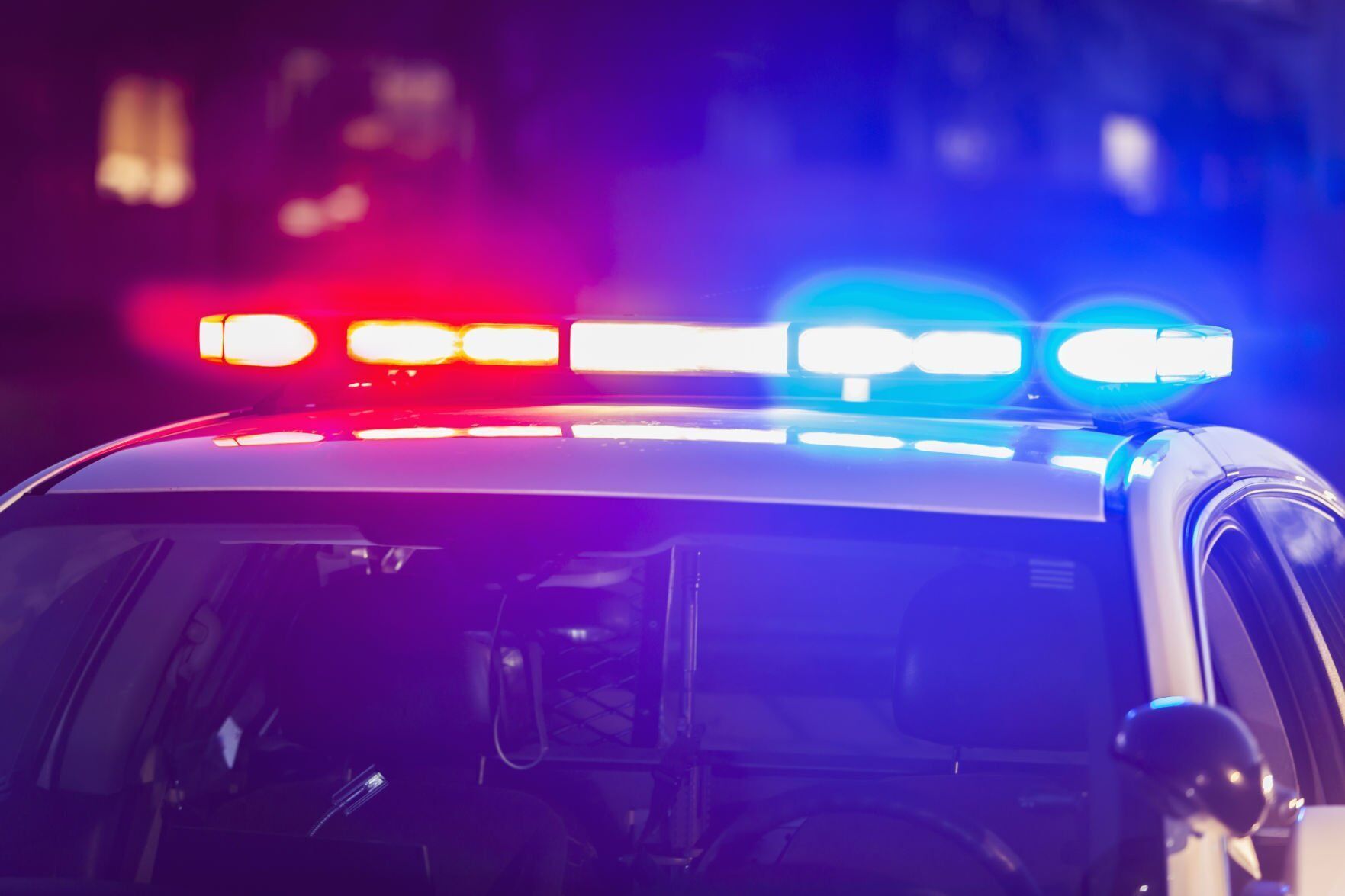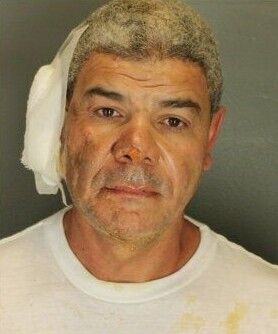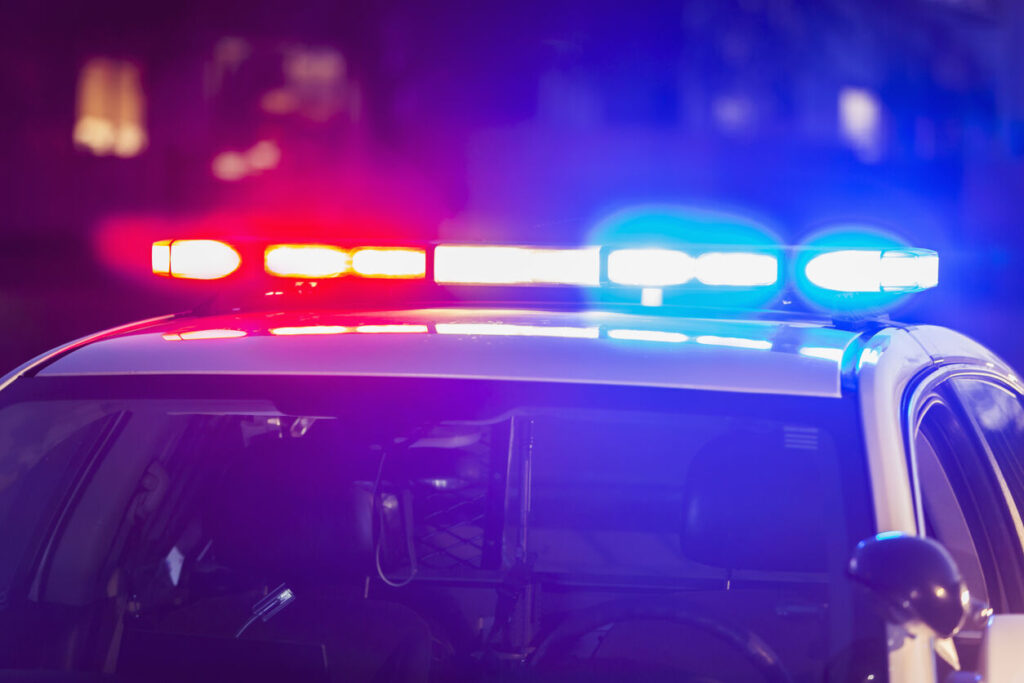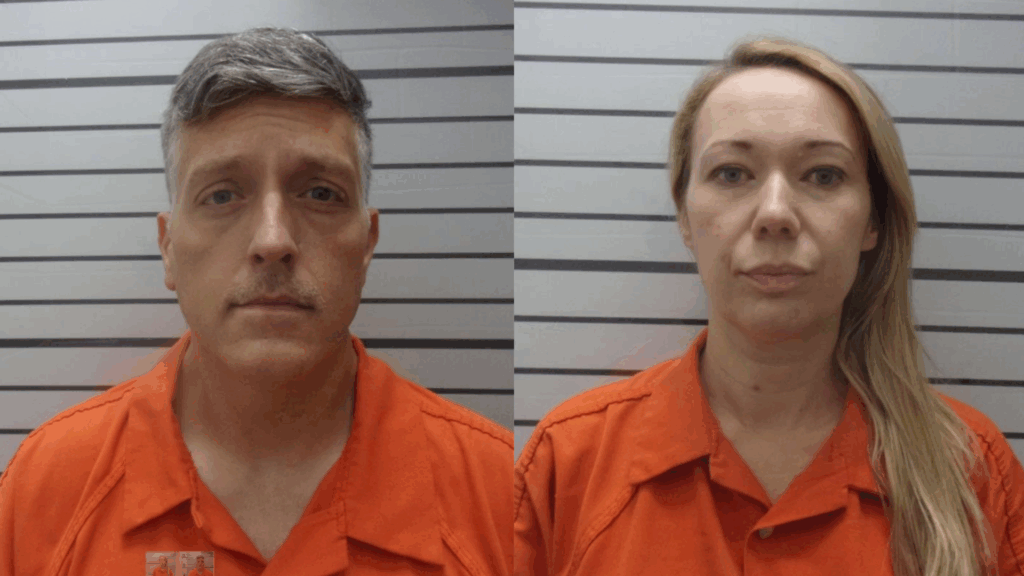DoorDash must produce data on driver crashes, Colorado Supreme Court agrees

DoorDash, Inc. may not escape a judge’s order to produce data about its driver-involved crashes in a liability lawsuit out of Arapahoe County, the Colorado Supreme Court decided on Friday.
Currently, DoorDash is defending against claims of negligence after one of its food delivery drivers crashed into Winthrop Elliott and injured him to the point of requiring leg amputation. Elliott alleges DoorDash knows its platform creates incentives for drivers to rush or to otherwise act carelessly, making the company responsible for his injuries.
In February, Arapahoe County District Court Judge Elizabeth Beebe Volz ordered DoorDash to hand over collision claims and reports involving its drivers in the three years prior to Elliott’s accident, as well as all versions of the DoorDash platform in that period. She clarified that DoorDash needed to produce only those changes to its app that came in response to driver crashes or reports of distracted driving, given Elliott’s theory that DoorDash’s operating model is responsible for collisions.
“Plaintiff is entitled to discovery on whether such incentives exist, and also whether DoorDash had any knowledge whether any such incentives created unsafe conditions for their drivers or the public,” Volz wrote.
DoorDash appealed directly to the Supreme Court, labeling the judge’s order as unreasonable.
“DoorDash does not track or maintain information gathered from reports or claims in a way such that it can readily decipher which claims are related to collisions,” the company insisted.
Given its volume of 34 million deliveries per week, the company alleged Volz’s order meant it would have to produce 159 million pages that would take employees roughly 13 million hours to process.
Not so, Elliott’s attorneys responded. They pointed out DoorDash has disclosed, in public filings to the U.S. Securities and Exchange Commission, that it already records crash data not just when a claim is likely, but when it is “reasonably possible.”
“Publicly, DoorDash proclaims how meticulously it monitors and reviews its crash-related claims for its own financial health and to protect shareholder investment,” wrote lawyers for Elliott to the Supreme Court. “Yet to this Court, it now asserts that it cannot and does not even keep track of claims in the first place.”
The Colorado Attorney General’s Office, representing Volz, and the Colorado Trial Lawyers Association, which submitted a supportive brief, also argued DoorDash misunderstood – or was misrepresenting – what Volz ordered them to do. She did not require the company to produce new data, only to hand over information it already collects about the injuries its drivers cause.
“Indeed, DoorDash itself told this court that it had some such information,” wrote the trial lawyers group. “DoorDash’s petition says it knows it has been named as a defendant in 3,000 lawsuits in the past 3 years and that it has provided notice of approximately 27,000 claims to its auto carrier.”
In an unsigned order on May 26, the Supreme Court agreed Volz’s order was reasonable. The case now returns to Arapahoe County.
Lawyers for DoorDash and Elliott did not immediately respond to a request for comment.
Among the lawsuits DoorDash has faced are allegations it allowed a driver with a suspended license to make deliveries – who later killed a pedestrian – and that it hired a driver who stabbed a restaurant owner.
The case is Elliott v. DoorDash, Inc. et al.














